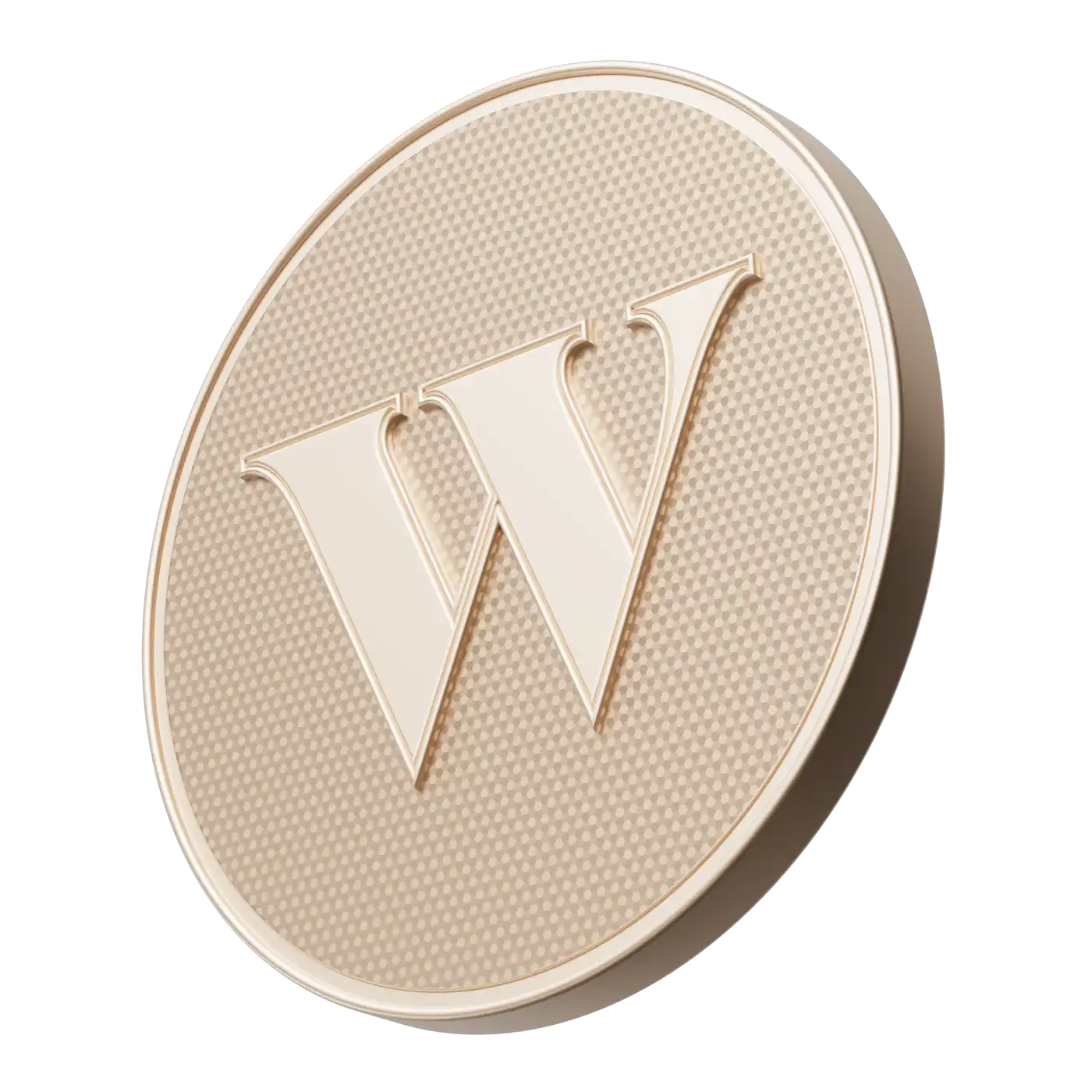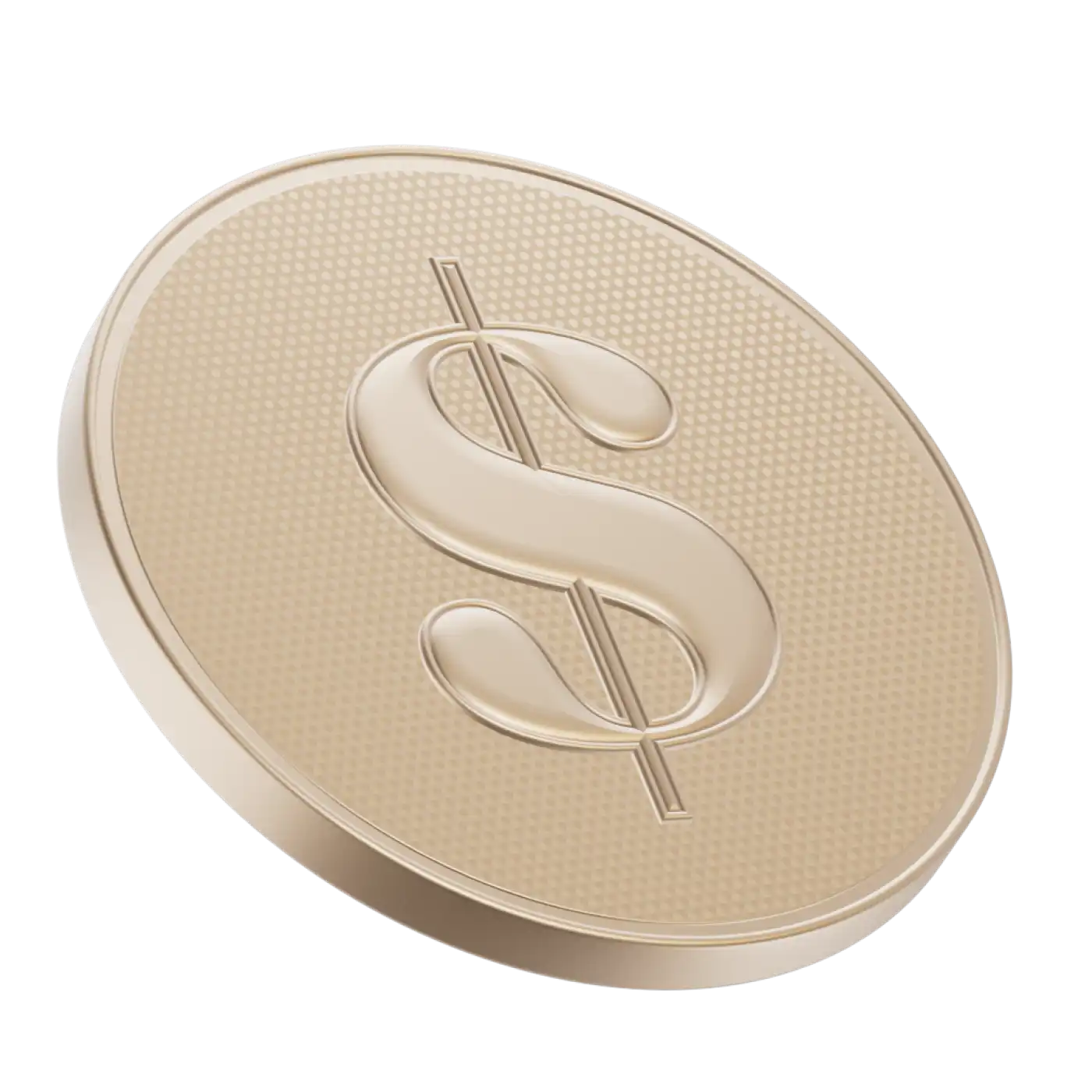The phrase “certificate of deposit,” also known as a CD, may sound complicated but it’s one of the simplest , most misunderstood and underutilized financial tools.
What is a Certificate of Deposit?
A certificate of deposit or CD is a high-yield savings account that you can open with many financial institutions—from banks to credit unions. In exchange for a relatively higher, fixed rate of interest, you must keep your money “locked” into this savings account for a specified period of time. (Variable-rate CDs are also available but not as common as fixed-rate CDs.)
This specific period of time is known as a “term.” A term can be a few as three months and go all the way up to five years. When the term is over, it means the CD is mature and you are able to withdraw your money—that is, the principal amount plus the interest you earned during the term.
Typically, the longer you keep your money in the CD, the higher your interest rate will be. Also, if you deposit higher amounts, i.e. $25,000 versus $1,000, then you can get a higher interest rate as well.
A certificate of deposit is just like a regular bank account in that you can deposit and withdraw money but it has to be in accordance with the terms of the particular CD you have. You’ll have to abide by the rules that cover deposit amounts, terms, and other account activities.
Certificates of deposit are also insured by the Federal Deposit Insurance Corporation (FDIC). That means if the bank where you’ve deposited your CD funds fails for any reason, you’ll receive your money back, along with any interest accrued, up to $250,000.
Because of this insurance, the U.S. Securities and Exchange Commission refers to CDs as a low-risk investment. According to the commission, there is no other investment that offers this type of security which can make it ideal for many savers and investors.
How does a Certificate of Deposit Work?
Why do Banks offer CDs?
In order for banks to make money, they need to lend money. Where do they get this money from? The bulk of their money comes from depositors like individual and commercial (business) customers.
When banks have enough money on their books to lend, they will earn money by making loans in the forms of credit card offerings, mortgages, small business loans, and other similar products.
In order to attract more depositors, banks will offer savings products to compel clients to keep their money on deposit with them. These can be in the form of high-yield savings products like savings accounts and CDs.
A bank may offer a 2.5% APY interest rate to its CD account holders and then charge 22% APR on a credit card product. The difference in these interest rates is known as the “spread” and is one of the ways banks earn money on their lending operations.
The Anatomy of a CD Offering
When you’re looking at CD offerings from different banks, you’ll want to consider the following:
Interest rate: How much interest will I earn on my deposit?
Term: How long does my money have to stay in the bank?
Minimum deposit: What is the minimum amount I need to open a CD?
Early withdrawal penalty: What happens if I withdraw my money early?
Types of CD: Are there any other special features of the CD?
Tax implications: How does the IRS treat interest earned on CDs?
Interest rate
CDs earn a guaranteed rate of interest. The interest rate is expressed as a percentage that represents what is called the Annual Percentage Yield (APYs.) The APY tells you what you’ll earn in a given year and takes into account your original deposit plus interest that you earn in addition to other interest earnings.
Different banking institutions handle interest differently for their CDs. Some banks may compound interest daily, while others may only compound interest monthly. Some banks will give you the choice, however, to have your CD interest paid out monthly, quarterly, semi-annual, annually, or at maturity.
If you want to know how much money you stand to earn on your initial deposit, you can use free CD calculators offered by some banks and other free resources on the web. Just enter the terms you’re considering for your CD and the calculator will show you the balance you should end up with when the CD matures.
Term
Depending on your financial situation, certain terms will be best for your needs. If you have immediate needs for cash, a long-term CD may not work for you. If you are not sure of how long you can keep your money “locked-up” in a CD, it may be best to choose a shorter term.
Minimum deposit
With most CDs, you’ll have to deposit a minimum amount of money to receive a higher interest rate. You can open a CD account with as little as $0 and can deposit as much as $100,000 or more.
Early withdrawal penalty
If you open a CD account and can’t keep the money in your account for the entire term, you may owe an early withdrawal penalty. Before opening your CD account with the bank, you should check the deposit account disclosure and/or agreement to find out how you will be charged in case of early withdrawal. In most cases, you’ll simply forfeit the interest you’ve earned on your deposit so far.
Types of CDs
The good news is that there is some flexibility in CD accounts that might make this savings tool a better fit for you. For example, there are some CDs that don’t have an early withdrawal penalty.
Others offer variable rates or even the option to add money once you’ve opened the account. Ask your banker about all the CD options they offer.
Tax implications
Depending on how you elect to receive interest payments on your CD, the IRS may recognize interest income that you haven’t yet received on your CD. You will receive a 1099-INT from the bank for the amount of interest you earned. You will include this as part of your taxable income when it’s time to file your taxes.
Certificate of Deposit Pros and Cons
Certificates of deposits are excellent savings products—if they make sense for your needs. Before investing you should look at the pros and cons of investing in a CD:
Pros:
Deposits are insured up to $250,000 by the FDIC
Lower-risk investment
Guaranteed return of original deposit plus interest
Can earn more interest than a regular savings account
There are many different “flavors” of CDs that can give you some flexibility
You may receive more favorable account terms if you’re already a customer a the bank
Cons:
You won’t be able to access your money for a period of time unless you pay an “early withdrawal penalty”
You could lose your “net” earnings to inflation—especially with longer-term CDs
Interest rates may be lower versus other investments, like stocks, real estate, or business holdings
You may owe taxes on interest earnings the bank hasn’t yet paid out
Alternatives to a Certificate of Deposit
If you don’t think a CD is right for your financial needs at the moment, there are many other savings vehicles you can choose instead.
High-yield savings account
This is a typical savings account but one that offers a more competitive interest rate. There are usually no minimums to open this account. Like CDs, savings accounts are FDIC insured. Unlike CDs, you can withdraw your money at any time. However, U.S. federal laws limit savings account withdrawals to six per month.
Money market account
This is another type of savings account that can offer depositors a higher interest rate—though it is variable and not fixed. Sometimes, money market accounts require a higher minimum balance. Like a savings account, you can’t make more than six withdrawals per month. Note that these accounts are not FDIC-insured.
Securities
You can invest in securities like bonds, stock, mutual funds, index-based funds, etc. These type of investment tend to have higher yields than CDs.
The caveat is that you could lose money with securities, as they are not FDIC-insured. Your original investment is not guaranteed, and the value is dictated by market conditions. These conditions can be volatile and cause your returns to vary.
Various alternative investments
There are plenty of other types of investments that you can explore if a CD doesn’t yield the type of return you are looking for. In exchange for potentially higher returns, you must be ready to accept a higher level of risk that could include losing some (or all) or your original investment:
Real estate investing
Peer-to-peer lending
Starting and running a business
The takeaway
When it comes to growing your money, you’ve got plenty of options to choose from. Do your research on CDs or any other investment product, then make an informed decision that supports your savings goals.
Ready to explore your investing options? Sign up for Wealthsimple ,the only automated investing services to offer all of its clients unlimited human support. Every Wealthsimple client gets state-of-the-art technology, low fees, and the kind of personalized, friendly service you might have not thought imaginable from a low-priced investment service.



